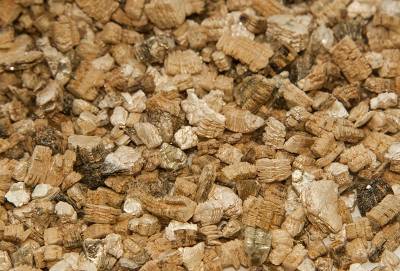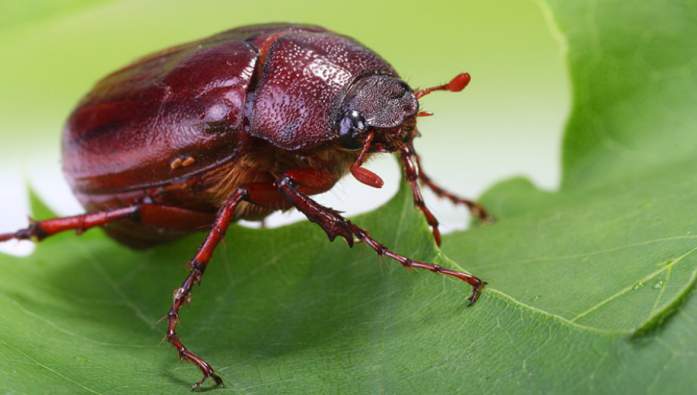Connect with a verified veterinarian in minutes. Licensed vets are available 24/7 to answer your questions. No need to worry about your furry family member.
Agave plants are used to make agave syrup. Many people use this on their waffles and pancakes instead of maple syrup. However, some people keep these plants in their yards as lovely ornamental plants. A dog may be curious about plants in his yard, including the agave. Maybe it’s new, and he wants to check it out. After all, it may be good to eat! But what happens if a dog eats an agave plant?
Has your dog eaten some agave plant? Are you worried that the agave plant will make your dog sick? If so, you’ve come to the right place. We understand it can be scary when your dog eats something like this.
We’ve gathered information about agave plants and whether they can make a dog sick. Let’s get started!
What is an Agave Plant?
The agave plant is a succulent plant with large leaves that end in spiny, sharp tips. There are many types of agave plants, some of which can grow up to 10 feet tall or more. These plants are usually slow-growing and take many years to reach maturity.
At maturity, the plant produces a tall flower stalk, which comes from the plant’s center. The flowers are bell-shaped and long-lasting and come in white, yellow, and green.
While these plants are considered to be safe, what happens if a dog eats an agave plant?
Agave Plants & Dogs
Thankfully, the agave plant is not toxic to dogs. However, the plants contain a substance called calcium oxalate crystals.
Calcium oxalate crystals are microscopic and contained in all parts of the agave plant. The crystals are very sharp. When a dog eats the plant, these crystals can cause severe irritation of the skin, mouth, esophagus, and GI tract. You might say biting into an agave plant feels like you’re eating glass. It’s extremely painful.
In addition, the crystals can also be inhaled and cause irritation to the airways.
Dogs will not die from eating the plant; however, they can experience severe irritation from the calcium oxalate crystals in the agave plant.

Review symptoms, medications & behavior to keep your pets healthy with a Vet Online in just minutes.
Ask a Vet Live NowSymptoms of Agave Plant Ingestion in Dogs
You may notice these symptoms if your dog has eaten an agave plant:
- Skin irritation
- Oral irritation
- Vomiting
- Diarrhea
- Lack of appetite
- Swollen airways
- Difficulty breathing
If your dog is showing any of these or other concerning symptoms, it’s best to call the vet right away. This may be an emergency.
Treatment of Agave Plant Ingestion in Dogs
The vet will not induce vomiting, as this can cause further irritation from the calcium oxalate crystals. Instead, they will first wash all irritated areas (skin and mouth) with cool, fresh water to remove the crystals.
Next, the vet will treat your dog’s GI upset with medications to protect and calm the digestive system. Dogs that have become dehydrated may require an IV for fluids and to administer medications. In some cases, the vet may also give your fur baby diphenhydramine to calm irritation caused by the agave plant.
The prognosis is that most dogs will make a full recovery after eating an agave plant. In the future, you may want to consider removing the plant from your dog’s area. You’ll both be happier for it!
Connect with a verified veterinarian in minutes. Licensed vets are available 24/7 to answer your questions. No need to worry about your furry family member.

Julie
Julie is a graduate of the University of North Carolina, Wilmington, where she studied Animal science. Though contrary to the opinion of her parents she was meant to study pharmacy, but she was in love with animals especially cats. Julie currently works in an animal research institute (NGO) in California and loves spending quality time with her little cat. She has the passion for making research about animals, how they survive, their way of life among others and publishes it. Julie is also happily married with two kids.
Review symptoms, medications & behavior to keep your pets healthy with a Vet Online in just minutes.
Ask a Vet Live Now





